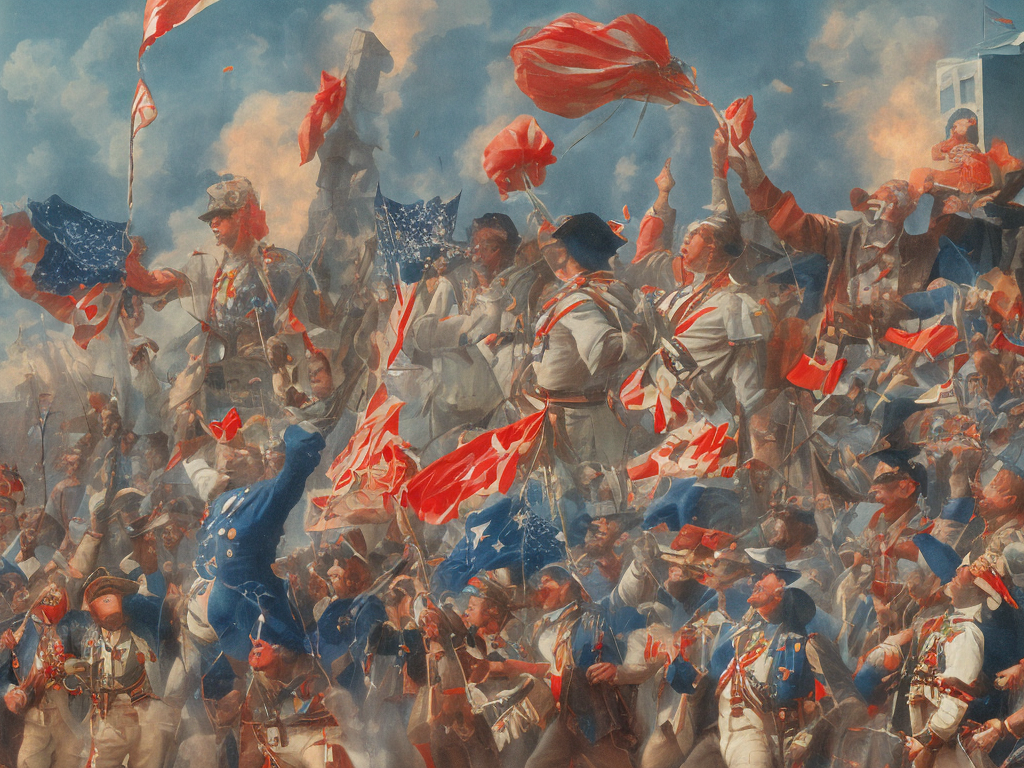
Difference Between Independence Day And Republic Day
India celebrates two significant national holidays every year, namely Independence Day and Republic Day. These two occasions hold immense importance in the history of the country as they commemorate the struggles and achievements that led to the establishment of an independent and sovereign nation. While both Independence Day and Republic Day are celebrated with great enthusiasm throughout the country, there are certain fundamental differences between these two festivals that set them apart.
Firstly, the dates on which these two national holidays are celebrated differ. Independence Day is celebrated on the 15th of August every year, marking the day when India attained freedom from British colonial rule after a prolonged struggle. On this day in 1947, the British Raj officially ended, and India became an independent nation. On the other hand, Republic Day is celebrated on the 26th of January each year to commemorate the day when the Constitution of India came into effect in 1950. It was on this day that India became a sovereign republic, with the President of India as the head of state.
Secondly, while both Independence Day and Republic Day symbolize the joy and pride of the nation, the underlying themes of the two celebrations differ. Independence Day is primarily focused on the celebration of freedom from colonial rule and the countless sacrifices made by freedom fighters and revolutionaries who fought for independence. The day is marked by flag hoisting ceremonies, patriotic songs, parades, and speeches. It serves as a reminder of the hard-fought battle for independence and the subsequent establishment of a democratic nation.
On the other hand, Republic Day emphasizes the adoption of the Indian Constitution and the transition of India into a republic state. The Constitution of India is the supreme law of the land that guarantees fundamental rights and outlines the framework of governance. Republic Day celebrations involve grand parades showcasing the cultural diversity, military strength, and technological prowess of the country. The highlight of the parade is the march-past by the Indian Armed Forces, along with colorful tableaus representing various states, showcasing their cultural heritage. The President of India hoists the national flag and awards are conferred to individuals who have displayed exceptional bravery or made significant contributions to society.
Another significant difference between Independence Day and Republic Day lies in the key personalities involved in the celebrations. On Independence Day, the Prime Minister of India delivers a speech from the iconic Red Fort in Delhi, addressing the nation and highlighting the achievements and challenges faced by the country. The Prime Minister pays homage to the freedom fighters and lays out the government's vision for the future. Republic Day, on the other hand, witnesses the presence of the President of India as the chief guest, who hoists the national flag and takes the salute at the grand parade. The President's address outlines the achievements and goals of the nation and reaffirms the commitment to the principles of the Indian Constitution.
Furthermore, the impact and significance of the two holidays extend beyond national boundaries. Independence Day holds a special place in the hearts of Indians all over the world. It serves as a reminder of the struggles faced by their ancestors and the price they paid for freedom. Indian communities across the globe organize flag hoisting ceremonies, cultural events, and other activities to celebrate this day. Republic Day, although primarily celebrated within India, is also acknowledged internationally due to the grandeur of the parade in Delhi. Many foreign leaders are invited as chief guests for Republic Day celebrations, signifying India's diplomatic relations with various countries.
In conclusion, while both Independence Day and Republic Day are celebrated with great fervor and national pride, they differ in terms of their historical context and themes. Independence Day marks the liberation of India from British colonial rule, while Republic Day commemorates the adoption of the Indian Constitution and the transition to a sovereign republic. These two national holidays remind Indians of their hard-fought freedom and serve as a time for reflection, gratitude, and renewed commitment to the ideals and principles on which the nation was built.
 Self-Instruct
Self-Instruct